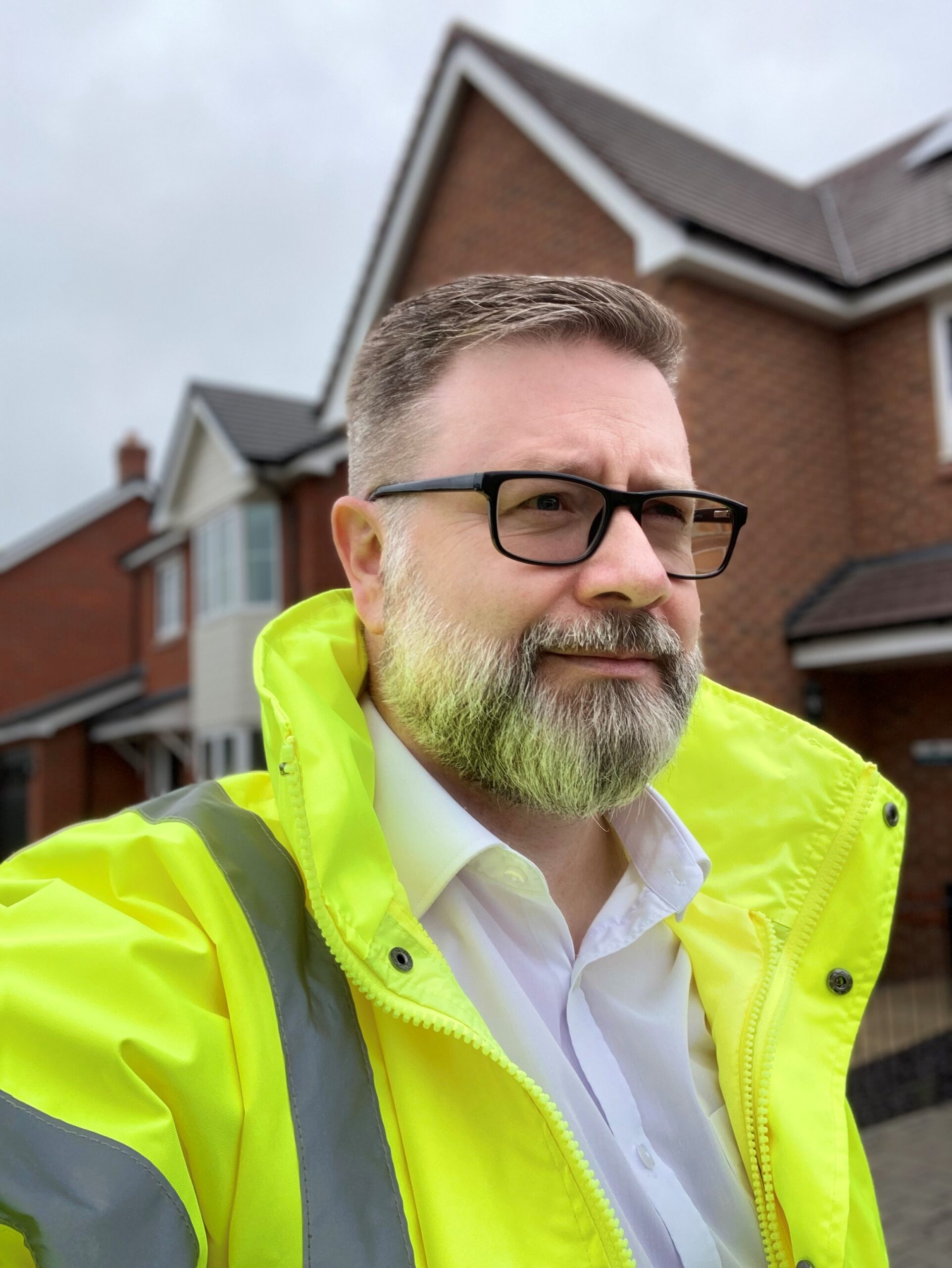What Are Searches When Buying a House?

If you are in the process of buying a home, your solicitor or conveyancer will come to the stage of completing pre-contract property searches. Conveyancing searches are an important step in the home-buying process as they identify all types of important information about the property you are choosing to move into.
Are searches necessary when buying a house?
Although not always compulsory, mortgage lenders require them and they are a proven way to protect buyers, meaning there are only benefits to having searches completed. House searches are a fundamental method of ensuring the house you are moving into is everything you expect and there are no local area problems after you move in. Therefore, if you’re paying in full with cash, there is no requirement to have searches completed but you could end up spending thousands if problems arise.
What searches are done when buying a house?
Searches involve scoping out the local area where the property is based to determine the possibility of historical problems and future developments that could cause issues for you. Some homes will take more time than others, but there are always three main searches that are investigated.
What are the 3 main searches when buying a house?
The 3 main searches are:
- Local authority.
- Water and drainage.
- Environmental.
Local authority
Your solicitor or conveyancer will fill out relevant forms and send them to the local authority office in the area where your home is situated. Provided by council staff, there are two parts to a local authority search: LLC1 and CON29.
LLC1
LLC1 is the Local Land Charges Register search, where all land charges registered against the property and local borough are uncovered. Examples of the types of searches include whether the property is a listed building, if it is located in a conversation area, and if it requires renovation.
CON29
A CON29 form was first created by the Law Society to ensure the home buyer has all of the required information about the property they are purchasing. Some factors included within the CON29 are:
- Planning and building regulations.
- Highway information including the proposal for new roads.
- Public footways and footpaths.
- Proposed planning for railways.
- Traffic, road and railway schemes.
- Community infrastructure levy.
- Contaminated land.
Water and drainage
Within this part of the process, the property’s sewers, water main and any water supply routes are looked into. This search will also uncover how the drainage system works and which water company is responsible for it so you’ll know if there are drains or sewers under the property.
Environmental
Environmental factors that are inspected include any risk of flood, landslide, or subsidence, as well as any land contamination issues.
Other searches
Other investigations include chancel repair liability to see if the church council requires a contribution for repairs, and coal mining searches to see if tunnels run beneath the property.
How long do searches take when buying a house?
Many factors can influence how long house-buying searches take, especially the local authority’s staffing levels and how quickly they can acquire the information.
Roughly, a local authority search generally takes over two weeks to be returned to the solicitor but can take longer or shorter, the water and drainage search may only take a few days, and the environmental search is usually less than a week too.
Delays with local search results are a common issue which can result in hold ups, meaning unnecessary stress and frustration for buyers. These delays can add weeks, and in some cases months, to their moving date. It is always advisable for a buyer to pay for and instruct their solicitor to carry out searches early in the transaction.
Who pays for searches when selling a house?
Usually, the fees for completing house searches are factored into the cost your solicitor or conveyancer will have quoted. Roughly, you can expect to pay £200-£300. The cost is determined by the local authority and other providers such as the local water authority, meaning it can vary widely between councils and the other search providers.
What happens after searches are complete when buying a house?
After searches have been completed, the buyer’s conveyancer might contact the seller’s conveyancer for any clarification on issues that have arisen. The buyer’s conveyancer will create a summary report with all findings and potential problems. If the buyer and their mortgage lender are satisfied with the searches, the buyer’s conveyancer will facilitate the exchange of contracts.
After delving into the critical aspects of property searches, if you’re eager for more insights on navigating the home-buying journey, feel free to explore our comprehensive blog series. Discover valuable tips on the process of purchasing a new build home here, or explore our collection of blogs for additional wisdom on securing your dream home. Your journey to homeownership is just a click away at County Town Homes.

